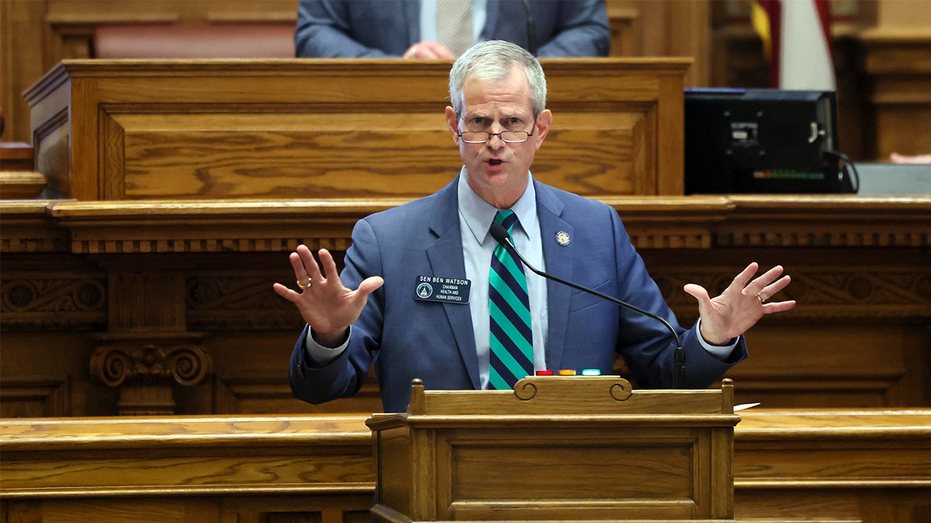Georgia Senate Moves to Ban Gender-Transitioning Treatment for Minors and Inmates

Sarah Johnson
March 5, 2025
Brief
Georgia Senate advances bills to ban most gender-transitioning treatments for minors and inmates, sparking heated debate and rare bipartisan support. Measures now move to the House.
Georgia's Senate has advanced two controversial bills aimed at banning most gender-transitioning treatments for minors and inmates, with a few Democrats breaking party lines to support the measures.
The first bill, approved by a 34-19 vote on Monday, seeks to prohibit gender-transitioning treatments, including puberty blockers, for individuals under 18—even for those already undergoing such treatments. This follows a 2023 law that restricted surgeries and hormone therapies for transgender minors unless they were already in treatment.
"You’re asking [minors] to make changes that will have consequences for the rest of their lives," said GOP Senator Ben Watson, who sponsored the bill. "It is not a fair decision to them. It is not a fair decision to the parents."
A second bill, introduced by Senate Majority Whip Randy Robertson, aims to ban gender-transitioning treatments for inmates in state prisons. It passed with a 37-15 vote.
Opponents strongly pushed back, accusing Republicans of using transgender issues as a political wedge while ignoring more pressing state concerns. Senate Minority Whip Kim Jackson, who is openly lesbian, argued, "This body has promulgated bill after bill attacking trans people with the ultimate goal of making trans folks disappear. We’ve been here before."
At least 26 other states have implemented similar restrictions on gender-transitioning treatments for minors, though many face ongoing legal challenges.
Democrats attempted to soften the blow of Watson's bill by proposing an amendment that would allow minors already undergoing treatment to continue. This amendment, however, failed to garner enough support. On the prison treatment policy, Democrat Senators Elena Parent and Sonya Halpern voted with Republicans, citing concerns about taxpayer funding for such treatments. Parent also attempted to introduce an exception for inmates already receiving hormone therapies, but this, too, failed.
"I will not let my party be dragged into an argument that makes us look out of touch with the very people we claim to represent," said Halpern, in defense of her vote.
Meanwhile, Senator Sally Harrell, who has two transgender children, urged lawmakers to consider the human toll, saying, "We are talking about very real people—parents, children, families."
Notably, Senator Freddie Powell Sims was the only Democrat to support both bills outright, while four Democrats supported the inmate-focused bill.
The Senate had previously passed companion legislation to ban biological boys from competing in girls' sports and to strip public funding for gender-transitioning treatments for adults. All four measures now head to the House for further debate.
Topics
Editor's Comments
The debate over these bills shows just how divisive and deeply personal the issue of transgender rights has become in the U.S. While some lawmakers argue they're protecting minors and taxpayers, others see these measures as a clear attack on an already vulnerable community. It's striking that even within party lines, opinions are splitting—especially when it comes to spending public funds. Not to mention, the failure of amendments aimed at providing continuity for those already undergoing treatment raises questions about how much of this is about policy and how much is about politics.
Like this article? Share it with your friends!
If you find this article interesting, feel free to share it with your friends!
Thank you for your support! Sharing is the greatest encouragement for us.



